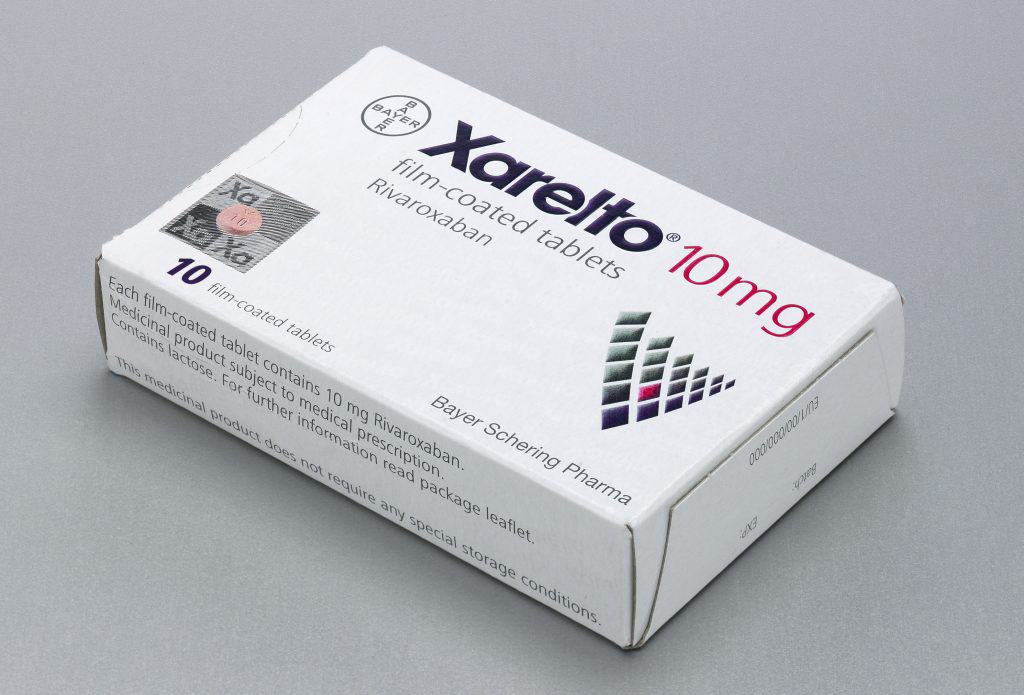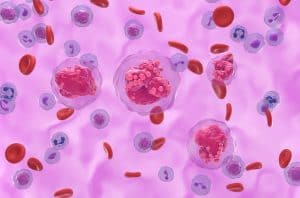
NICE set to reject Xarelto in AF
pharmafile | January 10, 2012 | News story | Sales and Marketing | AF, NICE, Pradaxa, Xarelto, atrial fibrillation
NICE says it needs more data on Bayer’s Xarelto in order to recommend it for people with atrial fibrillation.
The drug can help prevent stroke and systemic embolism in these patients, but NICE says evidence of its benefits is unconvincing.
If Bayer cannot provide more convincing data, NICE says it will not recommend Xarelto (rivaroxaban) – which would be a major blow, as atrial fibrillation (AF) is its most lucrative licenced indication.
Xarelto is in direct competition with Boehringer Ingelheim’s rival product Pradaxa, which is also currently under NICE review for AF.
Commenting on NICE’s draft recommendation, Professor Carole Longson, NICE Health Technology Evaluation Centre director, said: “The importance of effective anti-thrombotic therapy in people with atrial fibrillation who are at risk of developing potentially fatal blood clots cannot be overestimated.
“The most commonly used anti-thrombotic – warfarin – is associated with a number of problems, such as the need for frequent monitoring of the blood’s clotting, which can have an adverse effect on quality of life and make compliance difficult for some people.
“Rivaroxaban, like dabigatran, which NICE is also assessing, represents a significant potential benefit for people with AF because it doesn’t require regular monitoring and dose adjustments.”
But Professor Longson said that Bayer had presented just one clinical trial as the basis for its submission, and said shortcomings in the study were a cause for concern.
Longson continued: “The Committee concluded that the population included in the single trial presented by the manufacturer as evidence of rivaroxaban’s cost effectiveness was not reflective of all the people with atrial fibrillation in the UK who would be eligible for treatment with the drug.
“In particular the Committee was concerned that the people in the warfarin arm of the trial on average did not achieve as good control of their blood clotting as might be expected in clinical practice in the UK. It was also concerned that the risk of stroke and systemic embolism for the population in the trial was higher than for the overall population eligible for treatment with rivaroxaban.”
NICE says both these factors could mean that the relative effectiveness of rivaroxaban compared with warfarin had been overestimated for the UK population.
Longson concluded: “The Committee is therefore minded not to recommend the drug on the basis of the available evidence pending the receipt of additional information from the manufacturer that will address these issues.”
This is only draft guidance, and the consultation period will remain open until 30 January.
Meanwhile good news for Boehringer Ingelheim’s rival drug Pradaxa has been thrown into doubt.
NICE issued a final recommendation for Pradaxa in AF in November, but now an NHS trust has lodged an appeal against the decision.
NHS Salford registered its objection shortly after the decision was announced, and an appeal meeting will now be held on 7 February. The grounds for the appeal are not known, but it is likely that the NHS trust is concerned about the cost implications of replacing warfarin with Pradaxa, which is many times more expensive.
Andrew McConaghie
Related Content

NICE recommends migraine treatment for NHS use
The National Institute for Health and Care Excellence (NICE) has shared draft guidance recommending AbbVie’s …

GSK’s Jemperli recommended by NICE for endometrial cancer treatment
GSK has announced that the National Institute for Health and Care Excellence (NICE) has recommended …

NICE recommends SC treatment of AbbVie’s Tepkinly for patients with DLBCL
AbbVie has announced that the National Institute for Health and Care Excellence (NICE) has recommended …








